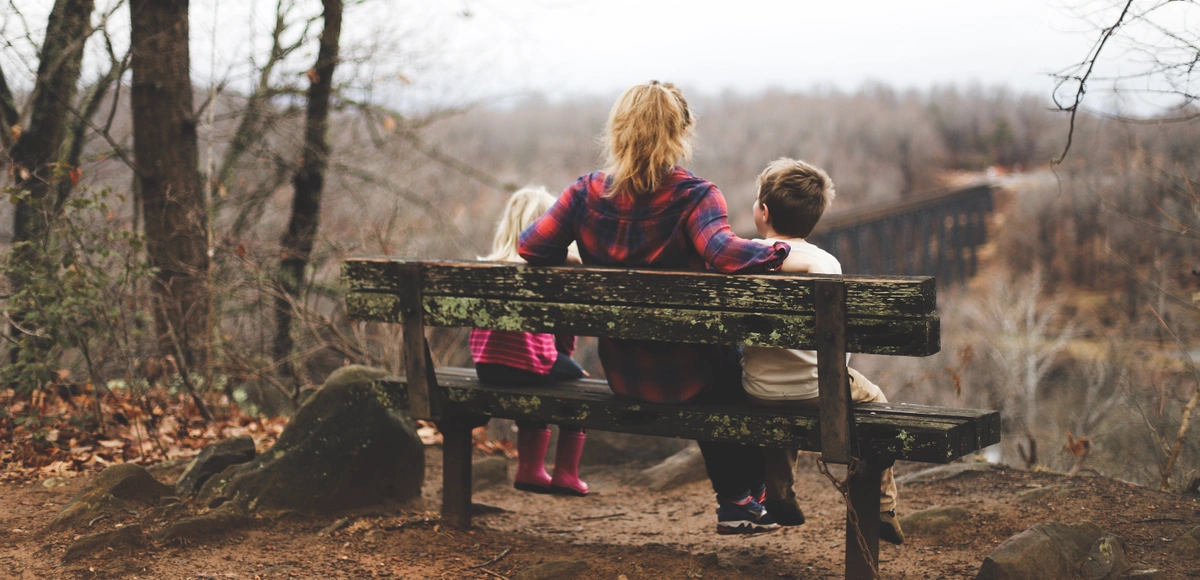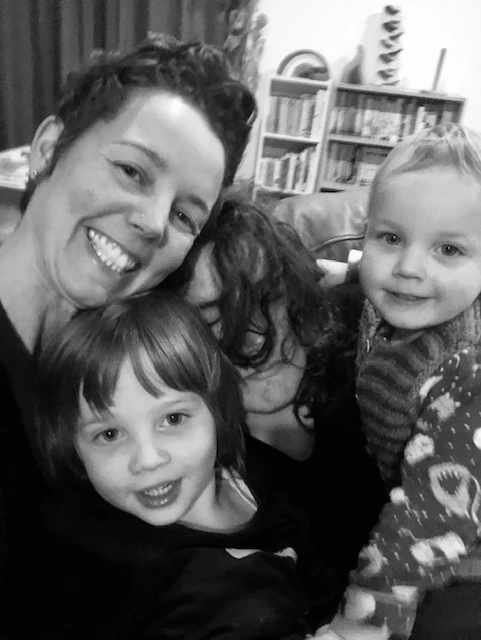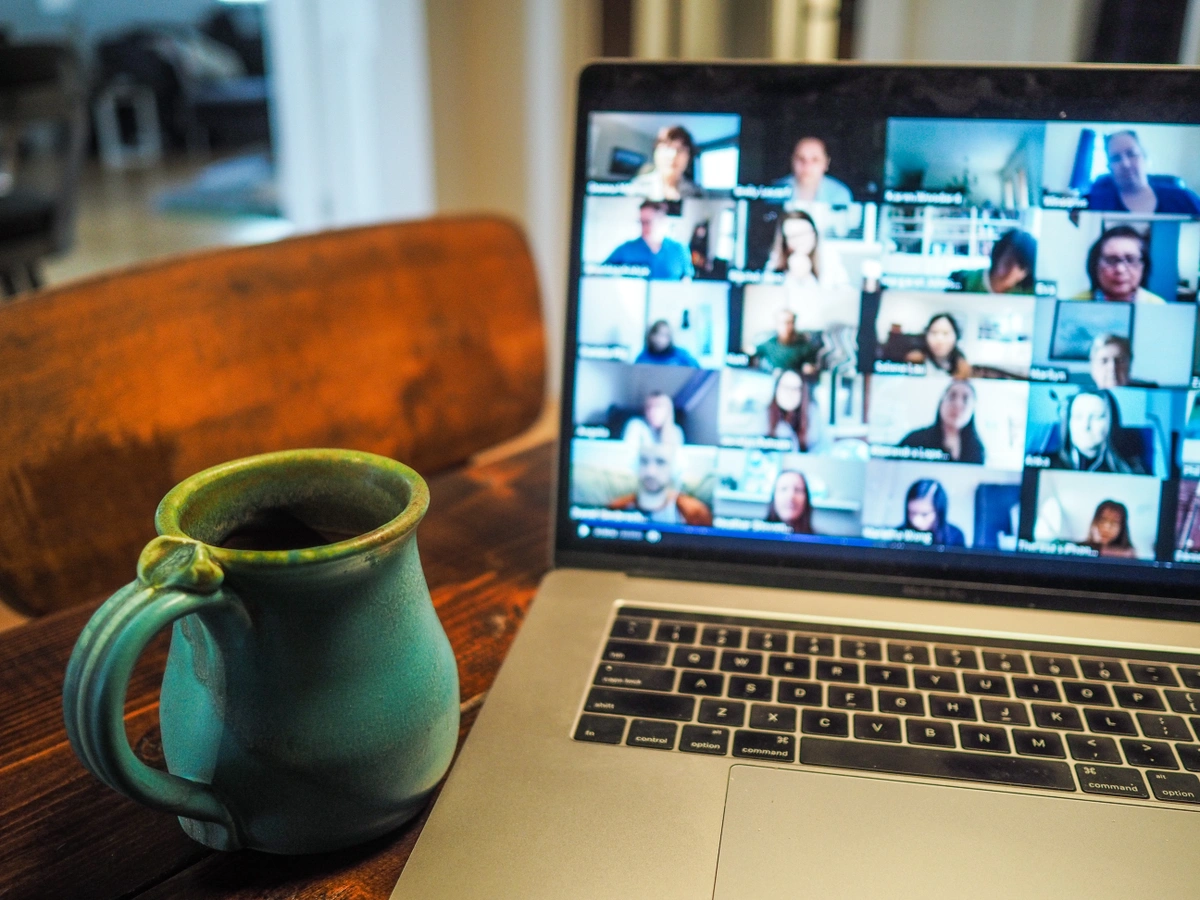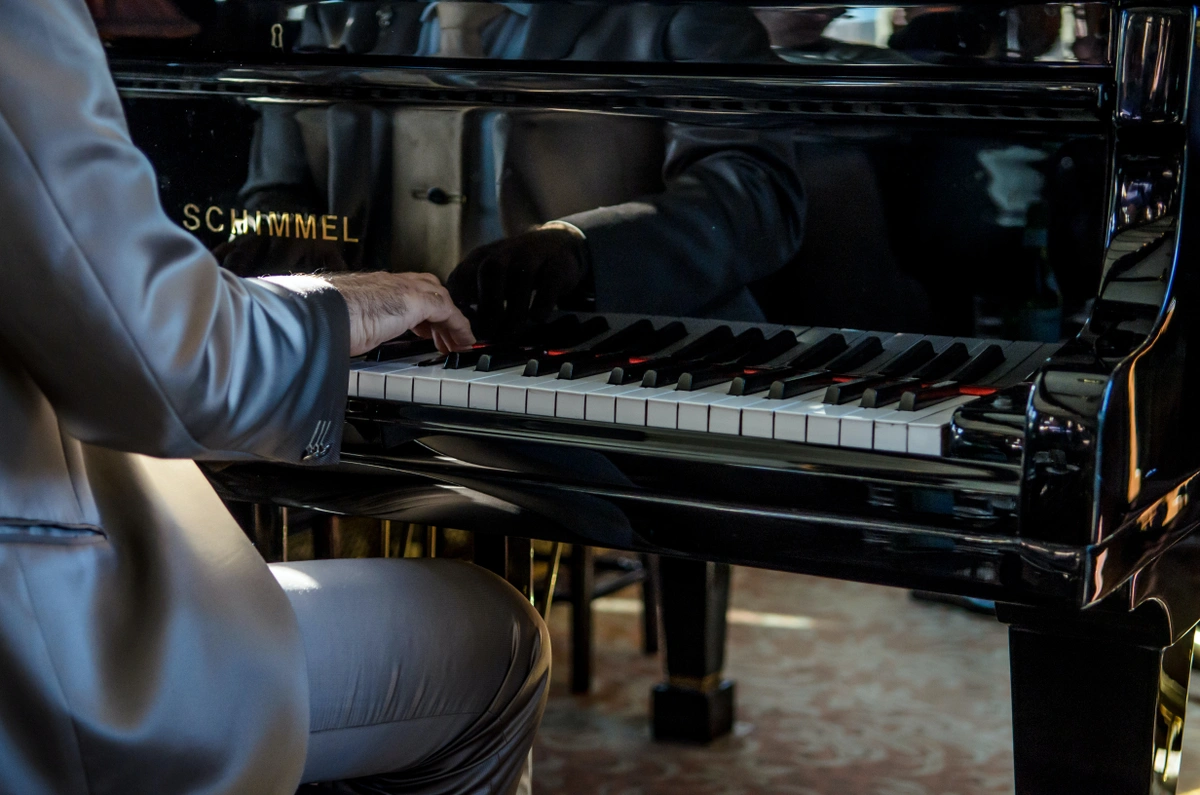Nearly One Year of V Injury: Claire's Story
August 25th, 2022
Disclaimer: This is a Kindred community member article that represents the opinions and experiences of the author, not Hugo Health Kindred. Please consult with your healthcare provider before trying any treatment.
I had my first Pfizer vaccine shot on the 18th of October, 2021. The Tasmanian borders in Australia were opening again, and I believed that getting the shot would help keep me healthy. Also, my son had pneumonia recently and almost died. I wanted to protect my kids. I never had COVID.
I woke up that night to a seriously elevated heart rate. I was also experiencing intense nausea and dizziness. I wrote it off as some new, weird form of anxiety.
It happened again two days later. My fingers went cold this time, and a tingly sensation coursed up my arms to my chest. Chest pain, tachycardia, nausea, and dizziness followed.
Nausea and fatigue were constant. While driving one day, I had the worst episode yet. I turned the car off the road and stumbled into the emergency room (ER). I was sure I was having a heart attack.
While in the ER, my heart rate went down. The healthcare team couldn’t find any indication that something was wrong with me. They were very concerned when I came to the ER, but their attitude changed once I mentioned the vaccine. However, the nurse said she had seen a few people recently with the same symptoms.
First month of post-vaccination symptoms
At this point, everyday tasks like washing the dishes became a challenge. I needed to lie down a lot. I couldn't get much sleep and woke up with nausea, chest pain, and tachycardia episodes. These symptoms worsened when I slept on my back.
In desperation, I started to look for help on the internet. I found an online support group discussing similar symptoms to mine, and they recommend trying N-acetyl cysteine (NAC), black seed oil, and a low histamine diet for relief.
Second month
I had a few days to feel better, and then I’d have another horrible flare. I noticed the flares would come when I was ovulating and on my period. Sometimes, the flares came out of nowhere. Following a low histamine diet and having no coffee, sugar, alcohol, wheat, or electrolytes seemed to help my symptoms.
I read about dysautonomia, which fit my symptoms, but I was wary of self-diagnosing. I discussed my symptoms with my psychiatrist. She urged me to ask my primary care provider (PCP) for a referral to a cardiologist.
I took my kids for a swim in the river one day. I struggled walking on the uneven river stones because my legs felt weak and heavy. I never experienced this sensation before. At this point, I had given up on believing my health would improve. I had seen about nine healthcare providers who were rude and dismissive.
Third month
I scheduled an appointment with a fantastic cardiologist. He listened to me and agreed that the vaccine caused my issues. He said I’m part of a “yet unnamed cluster [of people] experiencing these symptoms” resulting from autonomic or autoimmune dysfunction. It was validating to finally have a medical professional take me seriously.
Some days were good, and I’d be optimistic. Then, I’d get a flare, and small household tasks became insurmountable. My symptoms were worse in the morning and slightly better in the evening. I started taking NAC again, which helped with the chest pain.
I woke up one night feeling like I was having a heart attack and ended up in the ER again. They kept me in the waiting room for eight hours, printed a copy of my abnormal electrocardiogram (ECG), and sent me home. I was told to follow up with my cardiologist.
I had to wait outside the office when I visited the cardiologist because I wasn’t properly vaccinated. I found this ironic since I was there because of the vaccine. I received an echocardiogram (echo), and it was normal.
I started experiencing new symptoms during this time: My throat felt like it was closing, and my oxygen level dropped. One morning, after barely being able to stand, I went to the ER again. I was weak, fatigued, shaking, and dizzy, and my heart was racing. I felt horrible.
Present day
I’m getting used to feeling like this, which makes me sad. I was perfectly healthy before the vaccine; I could run 4 kilometers very comfortably. Now, pulling weeds out of my garden leaves me feeling breathless.
The shot has seriously affected my ability to mother my three boys like I used to. These days, I rely on my mother’s help with the kids at least three days out of the week. I wish I could go back in time and stop myself from getting the vaccine.
This isn’t my first negative experience with the medical community nor the only reason for my waning trust. When I experienced severe eczema in the past, the healthcare providers I spoke with refused to believe the cause was environmental and only pushed medication. I researched on my own and found I could heal my symptoms through diet.
There's many of us [vaccine injured], and the medical community acts like we’re collateral damage. But we’re not the only ones that have had to deal with these repercussions—our families and children have had to, too.
Please don’t write us off, and please take us seriously. We aren’t anti-vax. We did what was asked. Please don’t turn your back on us.
Kindred is a patient-centered research network for anyone affected by COVID or the vaccine. Once you've joined Kindred, you can enroll in The Yale LISTEN study (note that joining Kindred doesn't automatically enroll you in LISTEN. To enroll in LISTEN, visit the Kindred homepage). Anyone ages 18 and up worldwide is welcome to join.
Your partnership in this study will help drive faster results. In traditional research, study investigators must request your health records from your provider and wait for them to be sent. However, when you’re a LISTEN participant, you can collect and share your health data directly from Kindred. With your consent, the LISTEN team will analyze the information for insights into the health of people with long COVID and those with syndromes after vaccination. Additionally, the researchers will characterize demographic, clinical, social, and environmental factors associated with health status.
Once they have enough data to work with, the Yale team will move as fast as possible and keep you posted on progress. They'll also invite some participants to provide blood and saliva samples using a convenient service.
Enroll today. Your experience matters.

Kindred Contributor
If you're interested in sharing your story or experiences with the Kindred community reach out to the Content and Community Manager at Talia@hugo.health.




